Maintaining the proper chemical balance in your pool water not only keeps the water sparkling clean, it also helps protect your heater, pump, and other system components from damage, and can assist in keeping your pool finish looking like new. One of the most important elements of that balance is pH level.
The pH level of pool water is a measure of its acidity. It is noted on a scale of 0 to 14, with a pH below 7.0 indicating the water is acidic. A pH of 8.0 means the water is basic or alkaline. Precisely between these two points is the proper pool pH level: 7.4 to 7.8.
Top Reasons Proper pH is Critical
There are five main reasons why keeping your pool water in the target pH range is so important.
1: Low pH causes eye and skin irritation
Acidic water not only stings the eyes and nasal passages, it strips the body of its natural oils leaving skin dry and itchy, and hair brittle. Interestingly (and unfortunately) the same physical issues can arise if pH gets too high. The human body is naturally near the neutral point on the scale.
2: High pH in pool inactivates chlorine
The further your pH level goes into the basic or alkaline range, the less effect your chlorine will have. Consequently, you find yourself spending far too much money on chlorine and still having water that isn’t clear.
3: Unbalanced pH can damage vinyl liners.
With low or high pH, a vinyl liner can actually grow, creating unsightly wrinkles by absorbing water (up to 10% of its weight). If pH gets too high, a vinyl liner will also age more rapidly and have to be replaced sooner.
4: Low pH in pool can lead to corrosion.
Acidic pool water can begin to corrode everything from pumps and other mechanical systems to ladders, slides and diving board bases. Low pH water can even corrode or etch the plaster in gunite pools.
5: High pH causes cloudy water.
Many minerals come out of solution as pH rises. This can lead to murky water and mineral deposits.
How to Measure and Balance Pool pH Levels
It is important that you monitor your pool’s pH level daily using test strips. To test your water, go to an area away from the skimmer and the returns and follow the instructions on the package. Remove the strip from the water but don’t shake excess water off. Wait for the colors to fill in, then compare the strip to the color range on the product container.
Adjusting the pH is then a matter of using pH increasers (bases) or pH decreasers (acids). The amounts needed will, of course, be based on how far out of balance your water is and the volume of water in your pool. Follow the instructions on the product packaging.
The Power of pH
When it comes to pool maintenance, keeping your water chemistry in balance is very important. And as we’ve explained, pH level is, in many ways, the foundation of that balance. While there are many factors that can impact pH level, with a little practice and regular attention, you can ensure that your water stays in the range that is ideal for your pool equipment and perfect for your pool guests.

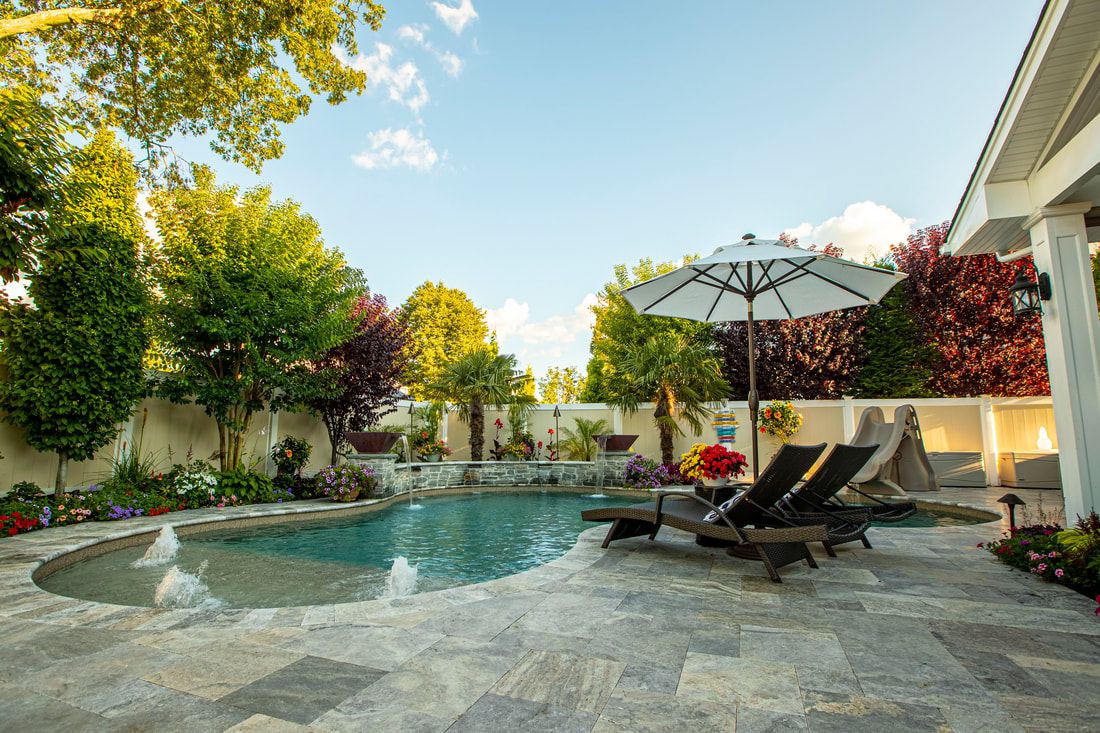

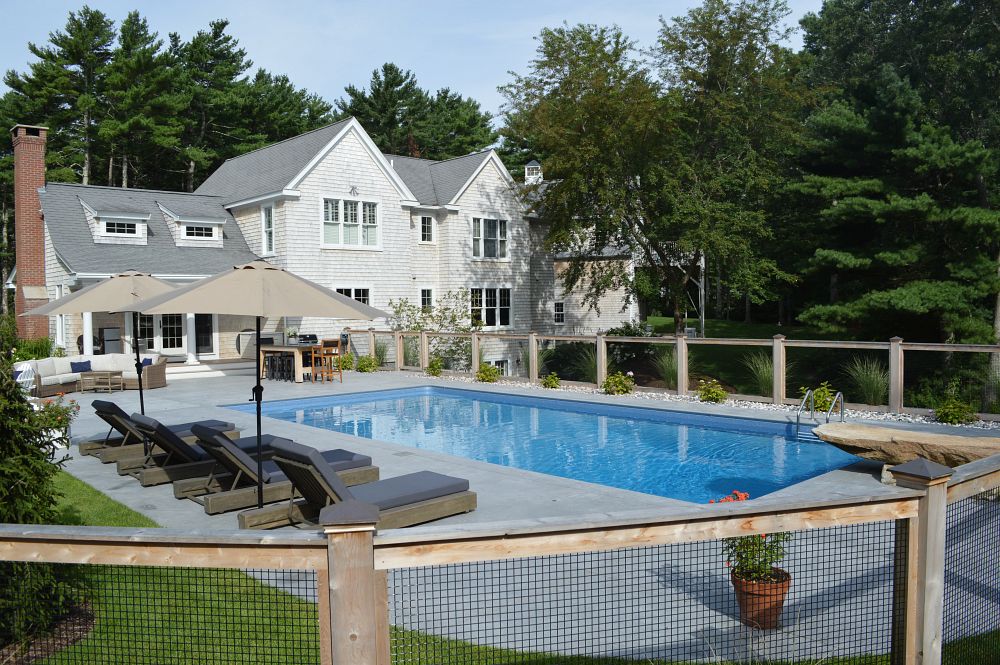
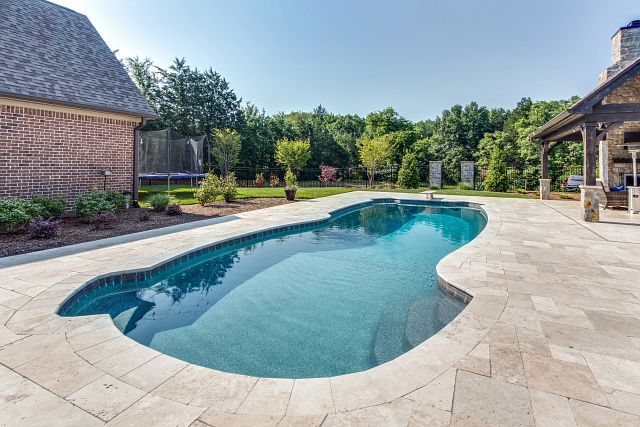
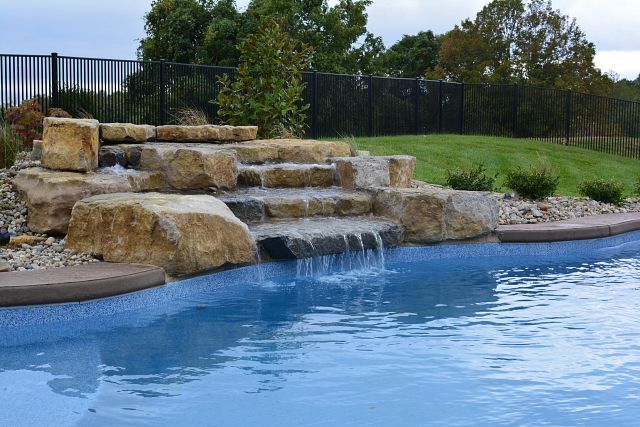
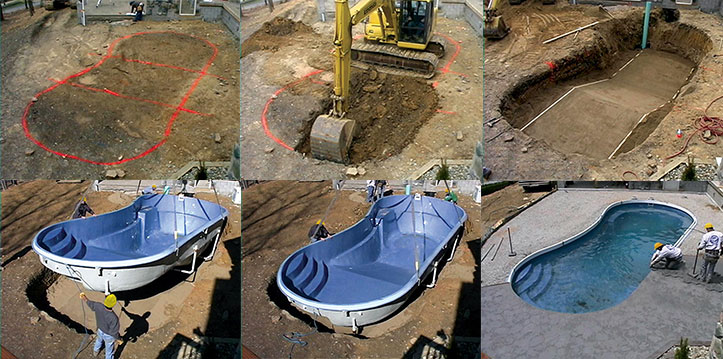
Join the discussion